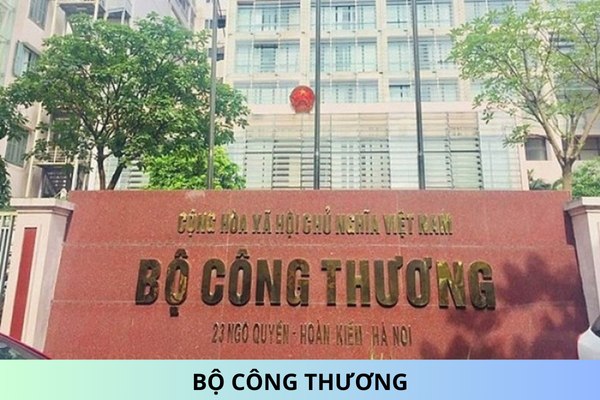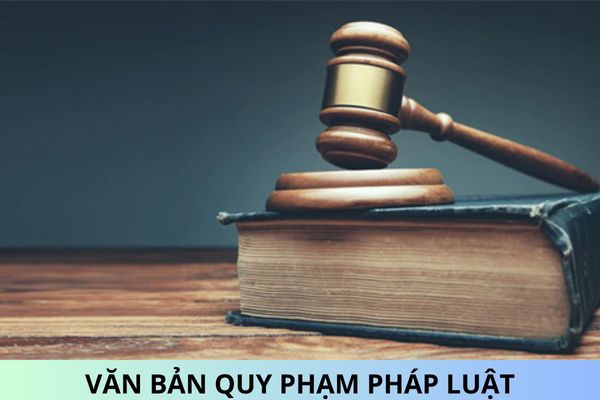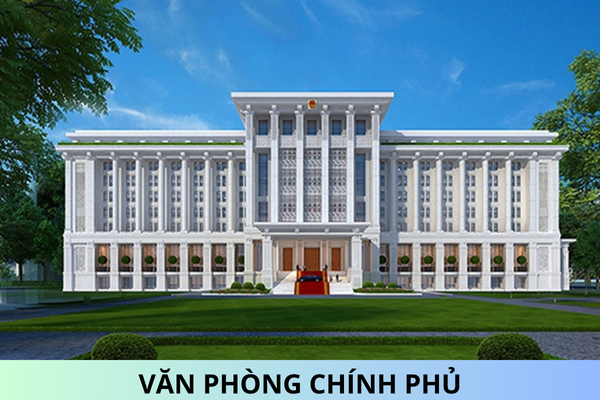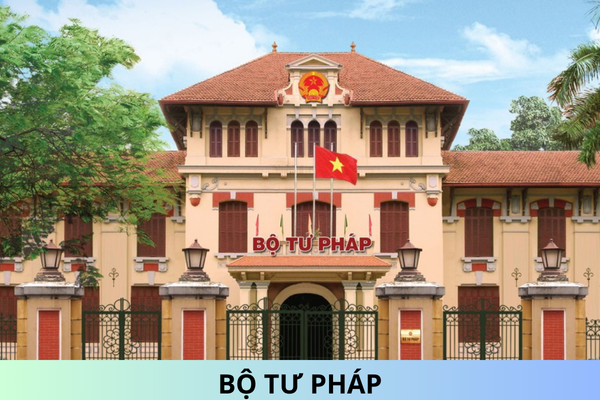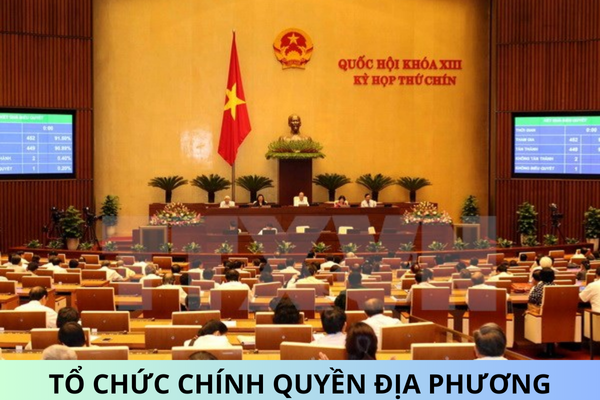What are details of Decision 190-QD/TW of 2024 on the issuance of the Election Regulation in the Communist Party of Vietnam?
What are details of Decision 190-QD/TW of 2024 on the issuance of the Election Regulation in the Communist Party of Vietnam?
On October 10, 2024, the Central Executive Committee issued Decision 190-QD/TW in 2024 Download regarding the issuance of the Election Regulations within the Communist Party of Vietnam.
The Election Regulations within the Communist Party, promulgated with Decision 190-QD/TW in 2024 Download, are applicable to the elections at cell congresses, party congresses at various levels; and elections at the meetings of the executive committee, inspection committee meetings.
The elections at the National Congress of the Communist Party are decided by the Congress.
The party committees and party organizations introduce party members to run for leadership positions in the State, the Fatherland Front, socio-political organizations, and public associations assigned by the Communist Party and the State, as regulated by these Regulations.
Decision 190-QD/TW in 2024 Download is effective in Vietnam from October 10, 2024, and simultaneously replaces the Election Regulations within the Communist Party issued with Decision 244-QD/TW in 2014.
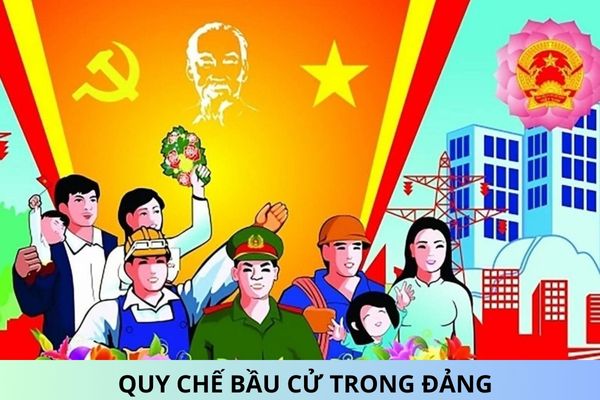
What are details of Decision 190-QD/TW of 2024 on the issuance of the Election Regulation in the Communist Party of Vietnam? (Image from the Internet)
In which cases is a secret ballot conducted for elections within the Communist Party of Vietnam?
According to Article 3 of the Election Regulations within the Communist Party promulgated with Decision 190-QD/TW in 2024 Download, the form of election is specified as follows:
Article 3. Form of Election
- A secret ballot is conducted in the following cases:
- Election of the executive committee of party committees, cell congresses (collectively referred to as party committees); election of the Central Executive Committee of the Communist Party.
- Election of the standing committee, secretary, deputy secretary of party committees.
- Election of the Politburo, General Secretary, Secretariat.
Election of the inspection committee, chairperson, deputy chairperson of the inspection committee.
[...]
Thus, secret ballots for elections within the Communist Party are conducted in the following cases:
- Election of the executive committee of party committees, cell congresses (collectively referred to as party committees); election of the Central Executive Committee of the Communist Party.
- Election of the standing committee, secretary, deputy secretary of party committees.
- Election of the Politburo, General Secretary, Secretariat.
- Election of the inspection committee, chairperson, deputy chairperson of the inspection committee.
- Election of delegates to higher-level party congresses.
- Collecting opinions on candidates to be included in the electoral list.
- Introducing party members to run for leadership positions in the State, the Fatherland Front, socio-political organizations, and public associations assigned by the Communist Party and the State.
What are regulations on basic contents of the democratic centralism principle of the Communist Party of Vietnam?
According to Article 9 of the Statute of the Communist Party of Vietnam 2011, the Communist Party of Vietnam is organized according to the principle of democratic centralism. The basic contents of this principle are:
- The leadership bodies at all levels of the Communist Party are elected, practicing collective leadership with individual accountability.
- The highest leadership body of the Communist Party is the National Congress. The leadership body at each level is the delegate congress or party member congress. Between two congresses, the leadership body of the Communist Party is the Central Executive Committee, and at each level, it is the executive committee of party committees, cell congresses (collectively referred to as party committees).
- The party committees at all levels report and are accountable for their activities before the congress at their level, before higher and lower-level party committees; periodically inform their activities to subordinate party organizations, practice self-criticism and criticism.
- Party organizations and members must comply with the resolutions of the Communist Party. The minority submits to the majority, subordinates submit to superiors, individuals submit to the organization, organizations throughout the Communist Party submit to the National Congress and the Central Executive Committee.
- Resolutions of the leadership bodies of the Communist Party are only valid for implementation when more than half of the members in that body agree. Before voting, each member is allowed to express their opinion. Party members with minority views have the right to reserve their opinions and report to higher-level party committees up to the National Congress but must strictly adhere to the resolution, not disseminating opinions contrary to the resolutions of the Communist Party. The authorized party committee should investigate and consider such opinions without discriminating against members with minority views.
- Party organizations decide issues within their jurisdiction but must not contravene the principles, guidelines, policies of the Communist Party, the law of the State, and resolutions of higher levels.


